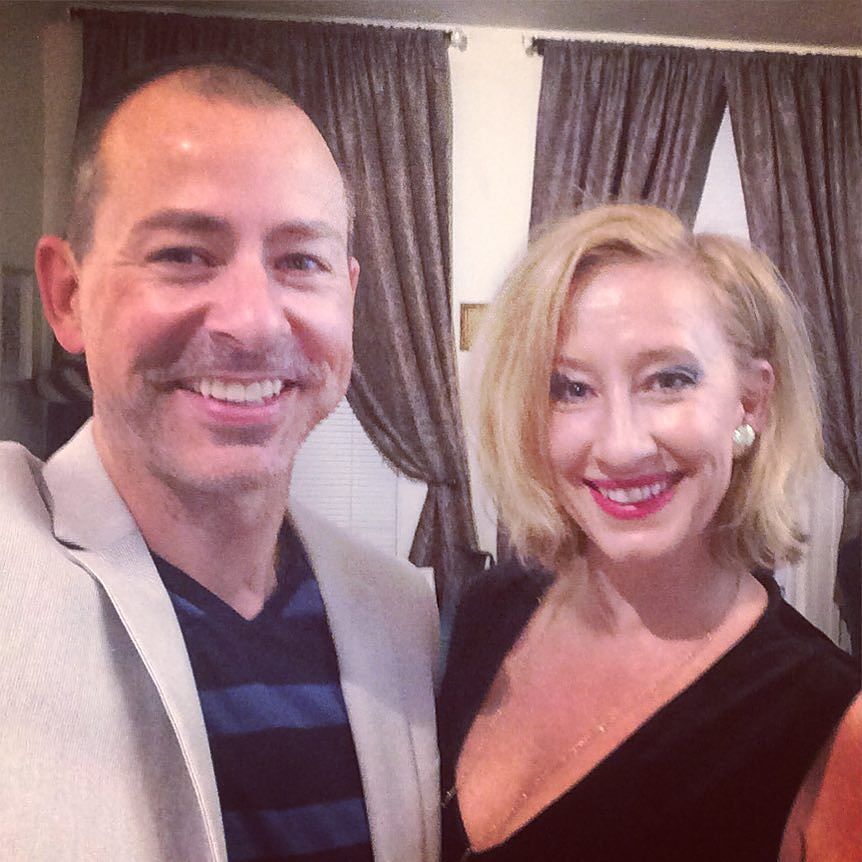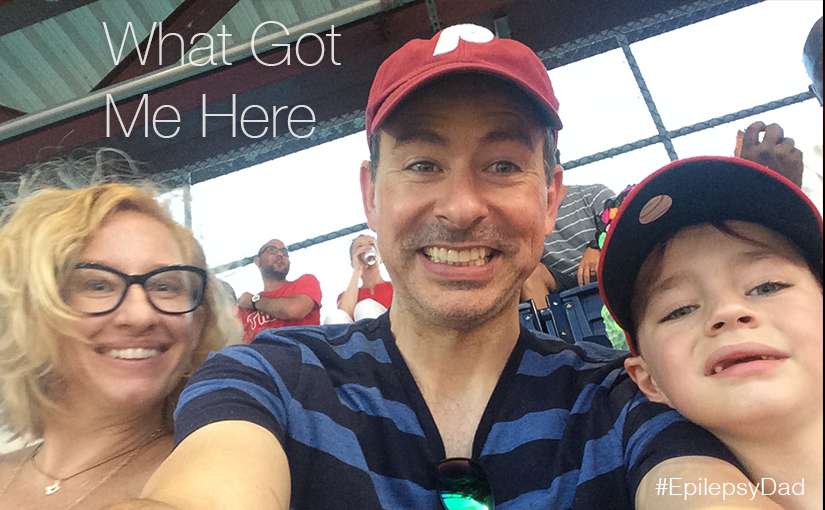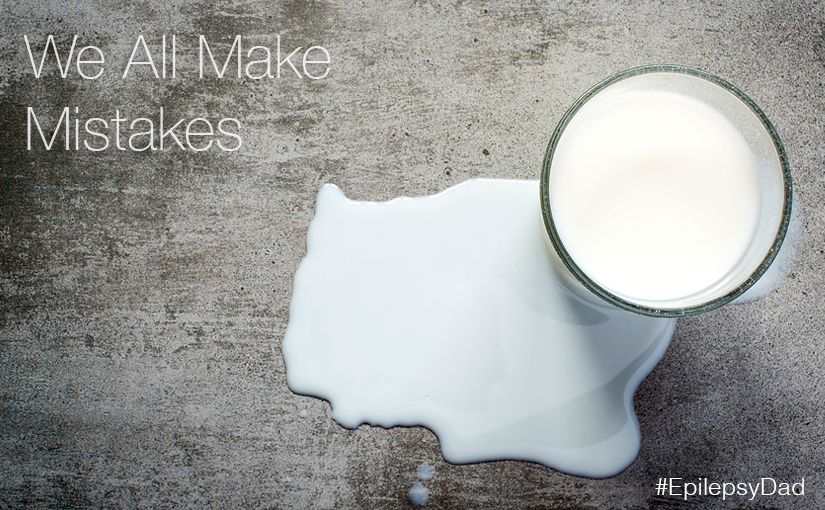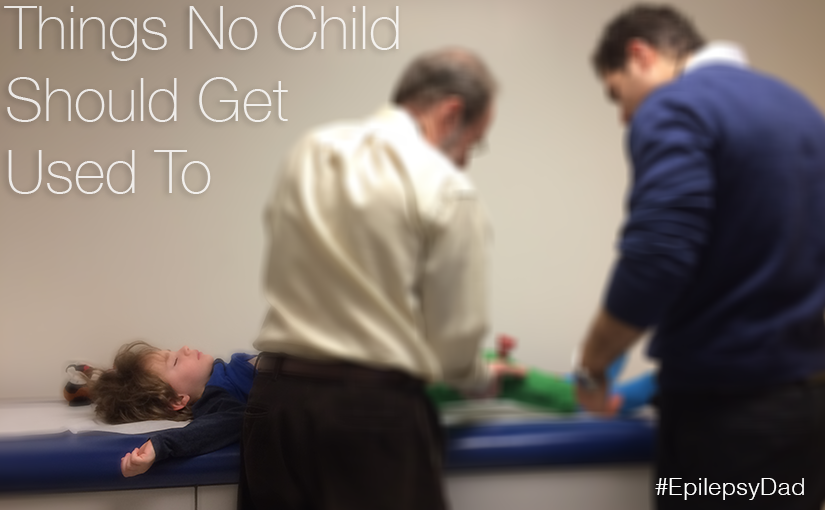“How are you doing?”
It’s such a loaded question. I fear that if I gave the real answer, it would overwhelm the person who asked it and they would never ask again. I’d be surrounded by people who were all too afraid to ask how I was and I’d feel more alone than I already do.
Most people get the obligatory “Good, thanks, how are you?” Closer friends may get more of the story. Maybe not the full story, but some of the mechanical bits about how tired I am because I never really sleep. But we don’t talk about how sad I am, or how much I worry about the future or what would happen if something happened to me? I’m not sure that I even talk about that with my wife as much as I should.
It’s isolating, this not wanting to burden the people around me with the depth of these issues. Besides, I’m a man. It’s not in my nature to share. We internalize, and apply logic, and try to solve an impossible problem. We certainly don’t talk to other people about it. It’s a sign of weakness. Even if other people are going through exactly the same thing and talking about it would be the high tide that raised all ships, it’s better somehow to keep all the boats stuck in the mud.
I know it’s bullshit. At least, my head does. I think. But after so many years of figuring it out myself and seeing where that got me, it’s hard to let go of the idea that the things that got me here are the things that are going to get me to where I want to be. After all, I have a pretty good life. I’ve done some amazing things and traveled the world. I have a Master’s degree and a good job. These successes are the result of my figuring out how to survive in this messy, hard and sometimes cruel world.
Those tactics, though, serve only to protect me from the outside world. Their side effect is to isolate me from the people around me. My wife is going through the same things I am, and when she is looking to me for support and a connection, I’m nowhere to be found, lost in my own inner workings. She may push and poke to see if I am there and I respond by pulling further away and burrowing further into my hole. In the end, we push each other away when we should be moving towards each other, we are left angry and frustrated when we should be comforting and empathetic, and we find ourselves alone when we should be together.

“What got you here is not what will get you to where you want to be.” That is the type of insight you get when you open yourself up to guidance and support. Asking for help is not a sign of weakness. It shows my commitment to my family and my belief that the stronger and better connected the unit is, the better capable we will be to face what is in front of us together. It shows that I don’t have the tools to solve this impossible problem and that it’s important enough for me to develop a new set of skills. It’s setting a good example for my son so that he doesn’t follow the same path of pushing people away and trying to do it all himself. It breaks my heart to think about the difficulties that he is going to have in his life and the idea of him facing them alone.
What got me here is not what will get me to where I want to be. It’s time to work on what will get me there, together with my wife, my family, and my friends.



